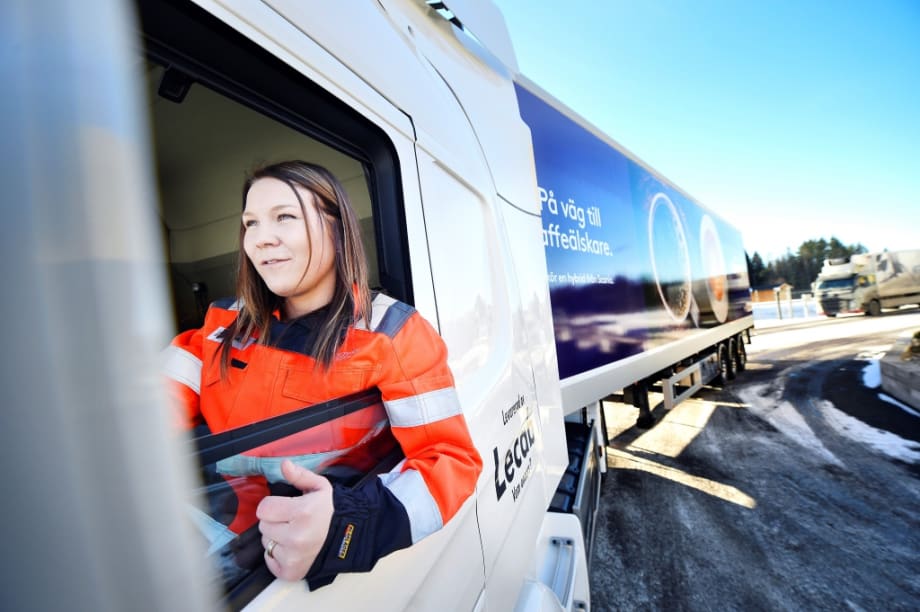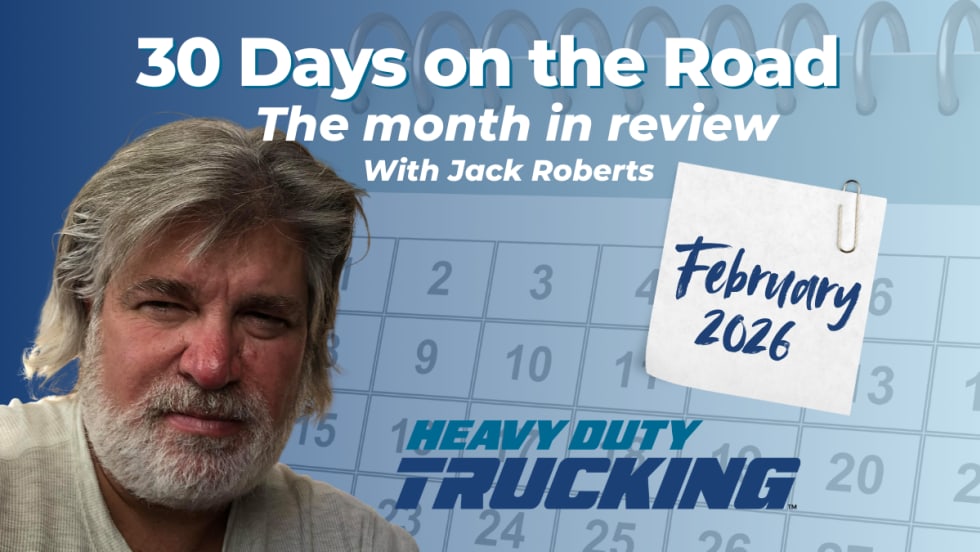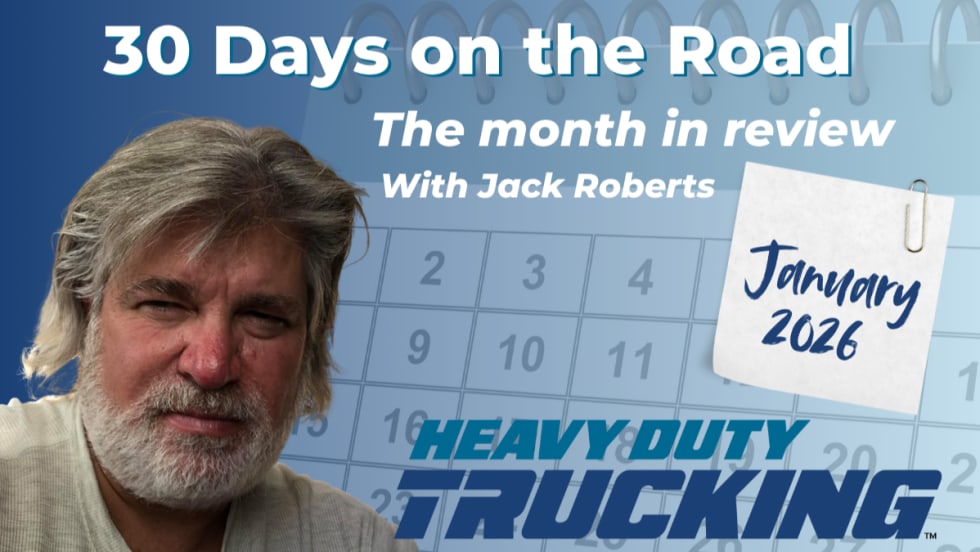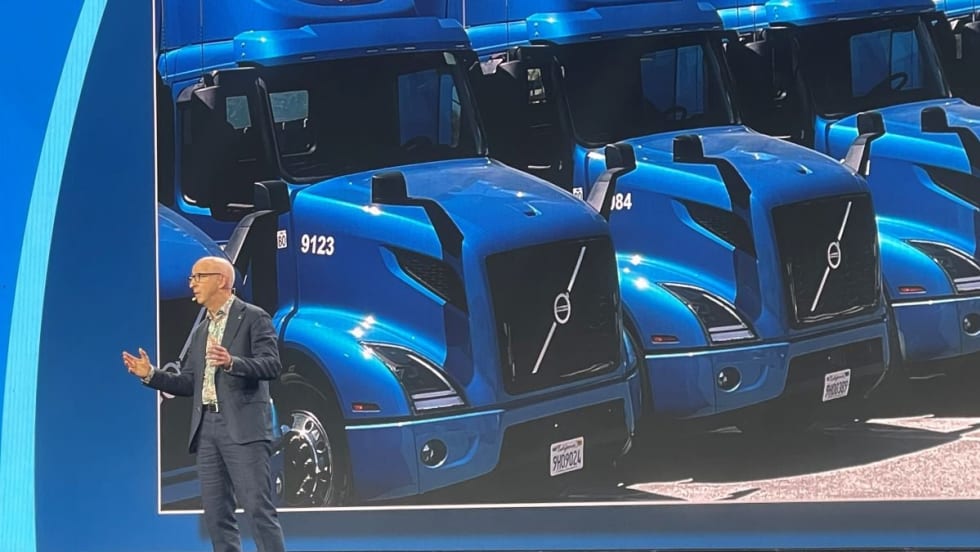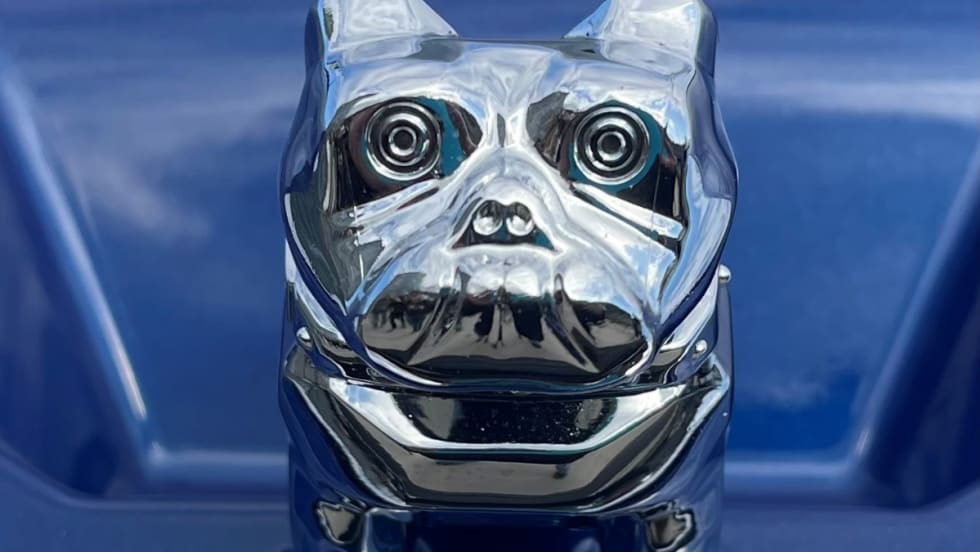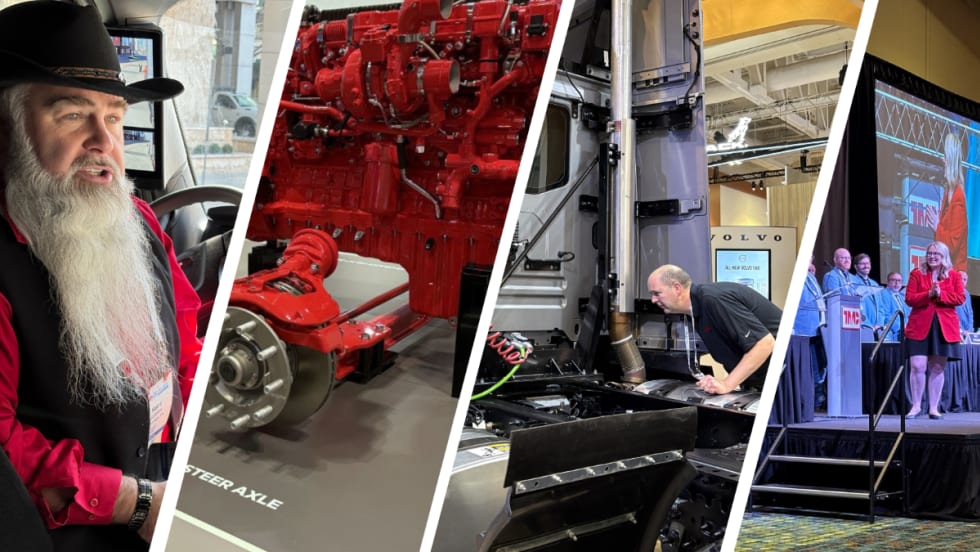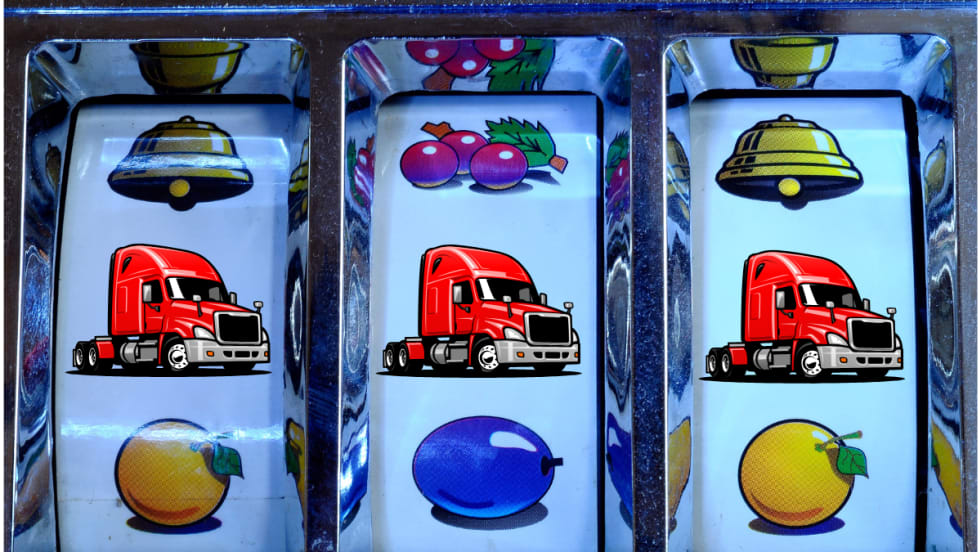If you get depressed sometimes reading my blog, I’m sorry.
It’s a heady time in trucking, if you’re a journalist. But I understand that you’re trying to run a fleet today – much less trying to figure out how you’re going to run one five, or 10 years down the road. It can all be a bit much to take in, sometimes.
Here you are, trying to find drivers, keep trucks rolling and freight moving, and when you get a quick second to check up on industry news, you’re swamped with buzzwords like disruption, hyperloops, autonomous trucks, electric trucks, telematics, blockchain, mild hybrids, alternative fuels, Uberization, ecommerce, and the internet of things – just to name a few.
So today, I’m going to give you a break and, instead, point out how lucky you are to be in the fleet management business at what is very likely the best time ever to be in the trucking industry:
Your future is secure. Trucking has been an increasingly important aspect of the North American economy for over a century now. But today, everything is coming to a head. With the rise of an internet-powered, global super-economy rapidly taking shape, trucking is absolutely indispensable for making this new world of commerce work, prosper, and grow. Yes: There are going to be massive changes in trucking in the next couple of decades. But trucking itself isn’t going anywhere. To the contrary, trucking is only going to grow in terms of importance and become an even more vital economic tool in the future.
The future of trucking belongs to innovators. As I was saying above, all this new technology can be a bit much to take in at times. But trucking today is an industry on the cusp of great change. This can be tough for some people to handle. After all, trucking was pretty much left to its own devices for well over a half century before Change finally caught up with it. But make no mistake, change is here now. And it’s not going away. In fact, it’s only going to accelerate at an exponential rate from here on out. But that means there is a staggering amount of money on the table that is just there for the taking –assuming you – and your fleet – are one of the ones that decide to embrace both change and new technology and figure out how to make them work for both you and your customers.
Trucks have never been more comfortable and efficient than they are today. If you need any evidence that trucking is a major force in our economy today, simply climb up into the cab of a new tractor and take a look around. Even the most basic spec fleet tractor today is loaded with technology and creature comforts that would have unthinkable on my Aunt Lanora’s big, long, Cadillac Sedan de Ville in 1972. And not only are these trucks designed with driver productivity in mind, they practically print money for fleets willing to focus on aerodynamics and fuel economy. A decade ago, a truck routinely getting 6 mpg was something to crow about. Today, fleets that are focused on fuel economy routinely flirt with 11 mpg. And we’re almost to the point where 9 mpg is nothing to get all that excited about anymore. The takeaway here is obvious, fleets today have the tools readily available to move freight quickly and profitably if they’re willing to do the leg work up front when it comes to spec’ing their equipment. And the pending advent of electric trucks in the market could create exponentially more opportunities to do the exact same thing in regional-, short- and urban-haul applications very soon.
Trucks have never been safer than they are today. Accidents and the litigation and payouts that often follow have long been a fact of life for fleets. But today, integrated, advanced safety systems and real-time driver coaching tools are drastically cutting into the liabilities that fleets have long accepted as an unavoidable cost of doing business. Safety systems today are already delivering real savings for fleets in terms of accidents avoided, or in reducing legal costs when one occurs and the fleet is actually at fault. Even better, these systems are only just now starting to make their presence felt in every day fleet operations. And every indication is that they will only become better at helping drivers stay safe in the future as this technology evolves.
Real-time communication today is a massive productivity enabler. Communication has traditionally been a stumbling block for fleet operations. It wasn’t all that long ago that a driver needing to talk to his dispatcher had to pull off the road and find a payphone to call in to find out where he needed to go next and when he needed to be there. Today, real-time communication between fleets and remote drivers has never been easier. And even now, trucks themselves and even the freight they’re carrying are starting to add to that conversation. New technologies like blockchain and self-diagnosing components are simply ways of expanding the communication capabilities of fleet operations. Not long ago, once a driver hung that pay phone up, it might be days before anybody remotely connected with the cargo he was hauling heard from him. Very soon, shippers, fleets and customers alike will know down to the mile marker and minute where a truck and its cargo are. Moreover, fleet managers will be able to manage maintenance in real time, based on priority-driven data received directly from the truck itself. Stuck in traffic because of an accident? No problem. The supply will update your arrival time automatically. Got a fuel pump that’s only got a couple more thousand miles of life left in it? No sweat. The fuel pump will beam you a message and let you know it’s time to act before it fails. All told, these communication systems have already removed massive amounts of uncertainty from fleet operations. And every indication is that trend is only going to accelerate as well in the future.
That’s a lot to take in – even if we’re talking about good news here. Without question, we’re talking about a new, highly dynamic, highly engaged way of running a fleet. But we’re also talking about systems and processes totally focused on delivering freight as quickly, safety and efficiently as possible.
And as I often say, somebody out there is going to figure out a way to make these new systems and technologies work on their behalf. And they’re going to make a pile of money once they do so. The only real questions is this: Are you going to be one of those people?




